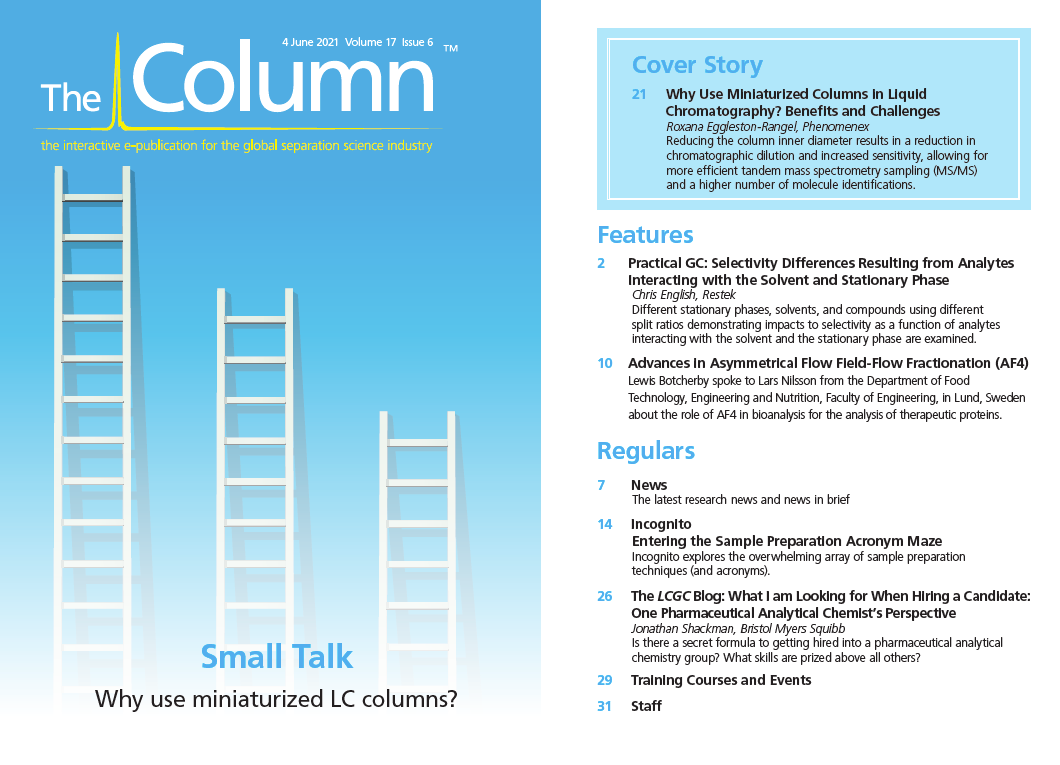Scion Instruments Acquires Teledyne Tekmar Headspace Product Lines
Scion Instruments NL BV has announced an agreement with Teledyne Instruments, Inc.
Scion Instruments NL BV (“Scion Instruments”) (Goes, The Netherlands) has announced an agreement to acquire the Teledyne Tekmar Headspace product Lines HT3 and Versa from Teledyne Instruments, Inc (California, USA).
Both parties have started work on the transfer of the production of the Teledyne Headspace systems from the Teledyne Ohio facility to Scion Instruments production facility in Goes, which will take about four months and is scheduled to be completed by 1 September 2021.
As part of the agreement, Scion Instruments has assumed immediate responsibility for the global supply of spare parts and technical and commercial support for the two Headspace products. USA customers with existing Teledyne service contracts will continue to receive service from Teledyne Tekmar for the duration of their contract. Scion Instruments has a large existing install base in the USA and is strengthening its service team to meet customer expectations going forwards, as well as opening a new office in Maryland in June 2021.
For more information, visit: https://scioninstruments.com

Polysorbate Quantification and Degradation Analysis via LC and Charged Aerosol Detection
April 9th 2025Scientists from ThermoFisher Scientific published a review article in the Journal of Chromatography A that provided an overview of HPLC analysis using charged aerosol detection can help with polysorbate quantification.
Analyzing Vitamin K1 Levels in Vegetables Eaten by Warfarin Patients Using HPLC UV–vis
April 9th 2025Research conducted by the Universitas Padjadjaran (Sumedang, Indonesia) focused on the measurement of vitamin K1 in various vegetables (specifically lettuce, cabbage, napa cabbage, and spinach) that were ingested by patients using warfarin. High performance liquid chromatography (HPLC) equipped with an ultraviolet detector set at 245 nm was used as the analytical technique.
Removing Double-Stranded RNA Impurities Using Chromatography
April 8th 2025Researchers from Agency for Science, Technology and Research in Singapore recently published a review article exploring how chromatography can be used to remove double-stranded RNA impurities during mRNA therapeutics production.











